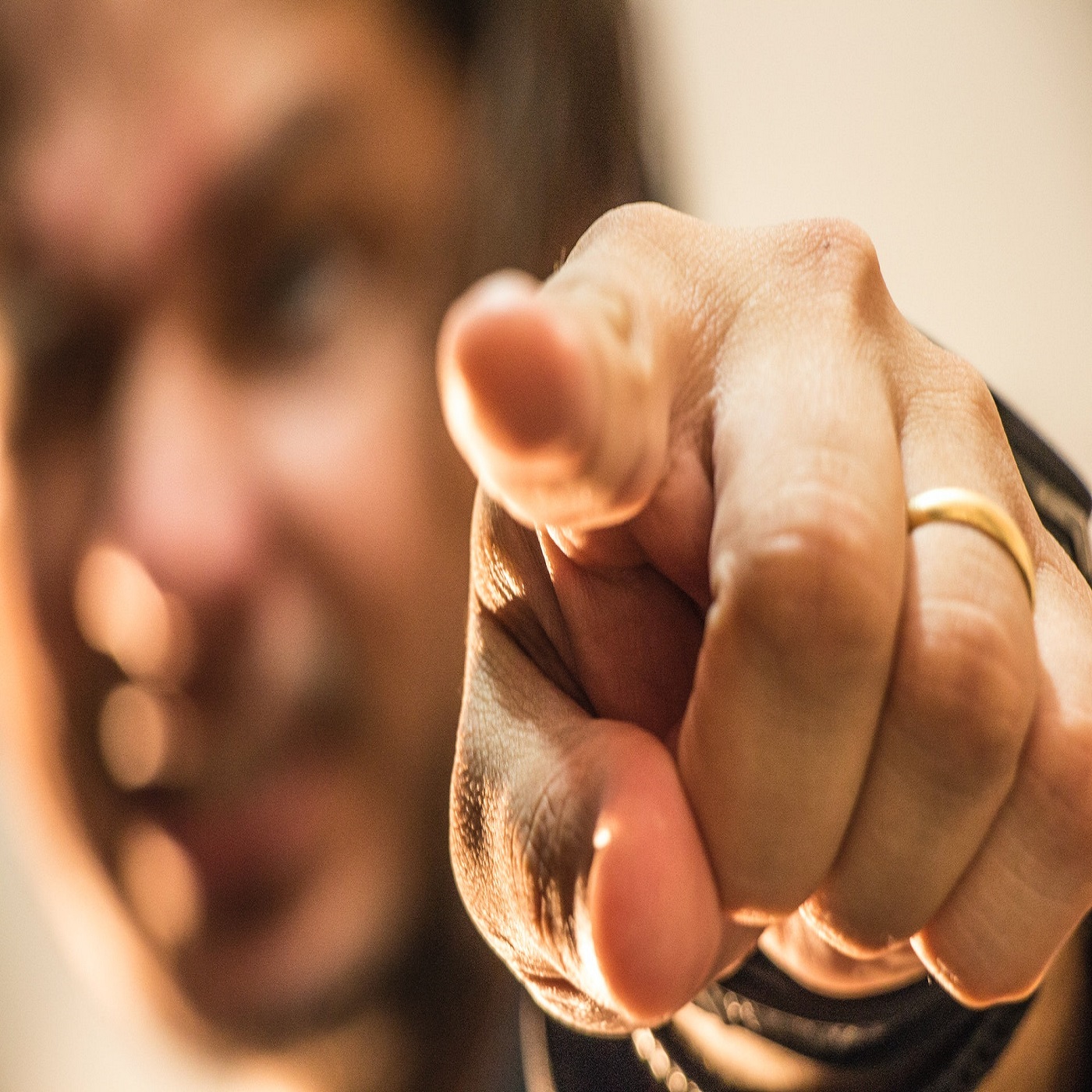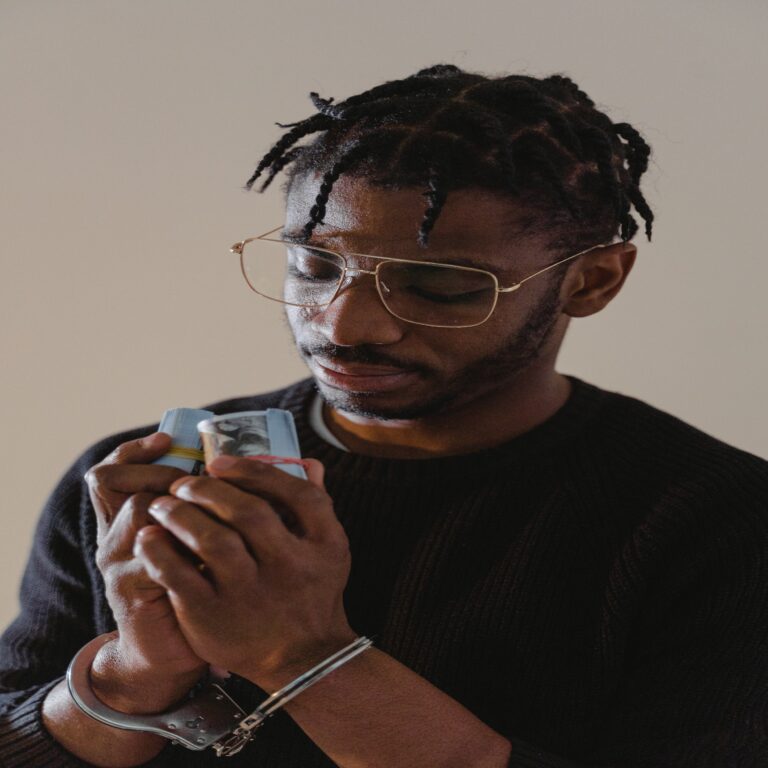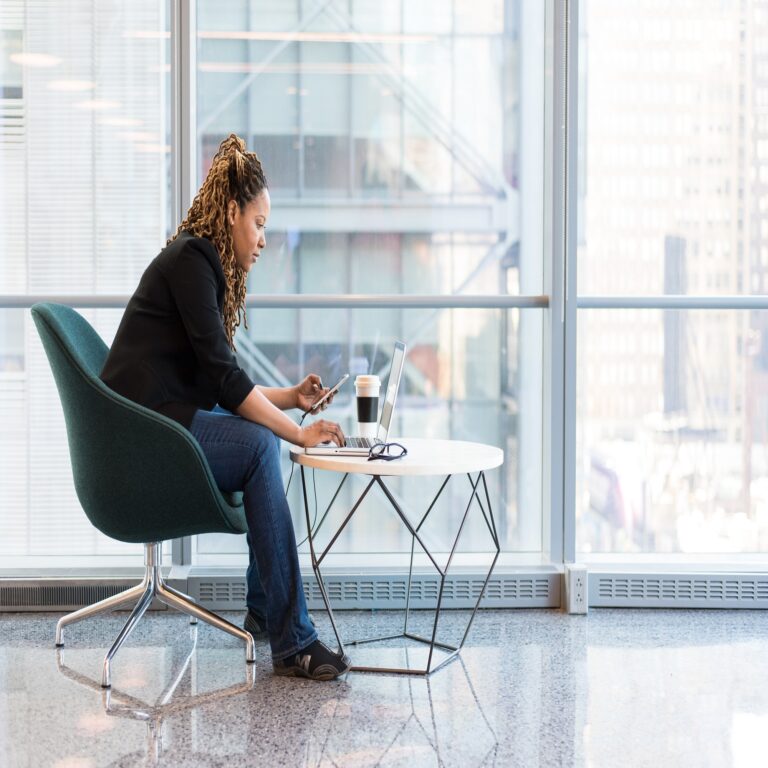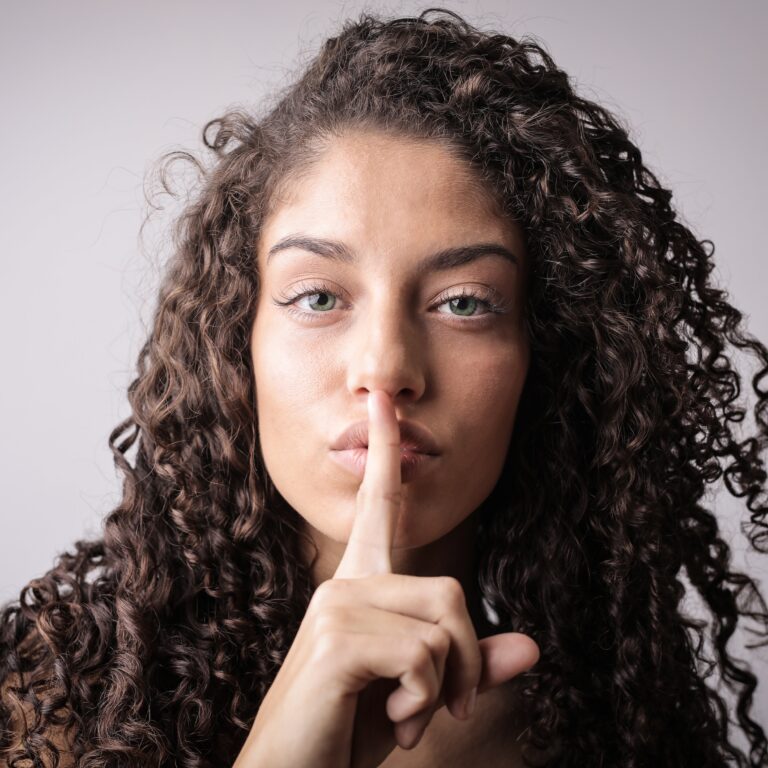We are responsible for ourselves. We are held accountable for the decisions we make. We must live with the results and repercussions of those decisions. A lot of us tend to ignore these facts. We assess the situation and find every opportunity to point the finger at someone or something else. We need to take more responsibility. We have more control than we give ourselves credit. If we acknowledge our power, it may enable us to embrace culpability for the occurrences in our lives. Do we state anything to make a situation more stressful than needed? Is it ever clear our actions negatively affected an already poor scenario? Do we glance over our impact when explaining a chain of events? The answer is yes to all 3. How do we address this?
The first step would be to acknowledge the control we have. If we tell ourselves we are powerless, we’ll use that as reasoning as to why the issues arising cannot be our fault. Although we are wrong in these cases, logically, it makes sense. We walk into a warm and comfortable lie. The lie allows us to play the victim. Instead of taking the stance of addressing what we did wrong, we look at what “happened” to us. This approach is unfortunate because it keeps us in a state of non-growth. We take away the ability to be better than yesterday. The minute we begin to be honest with ourselves, we open up the opportunity to remove some issues we have. We may never get rid of all of them but think of the benefits of removing 2 or 3 of them.
How do we stop making bad situations worse? It is not easy. We are usually unhappy and angry when we do this. It is hard to practice controlling ourselves when we are upset if we are not upset. Being upset is a prerequisite. We need to be “in” it to practice controlling ourselves. This goal will be a baby-step approach. We have to pick one thing to change at a time. Attempting to adjust multiple issues at a time is improbable. Failure can cause us to beat ourselves up, making a bad situation worse. Taking our time and experiencing small successes will lead to ongoing improvement. If we discover we glance over our actions when recounting a circumstance, we have to work to stop that. It isn’t fair to the other parties in the story, and it isn’t beneficial to us. Omitting our actions gives the other people in the story more responsibility than their fair share. It also tells us that we didn’t have as much to do with it as we did. It is hard for us to change our actions if we don’t show ourselves, we had a hand in something going sideways.
In closing, we must accept we are responsible for ourselves. It is a liberating truth. We are responsible for our actions, health, happiness, and overall improvement. We cannot continue to live under the premise, we have no control, and nothing is our fault. It is an irresponsible approach to adulthood and wellness. We should take the wheel and drive in regard to our lives. We will make mistakes and be at fault. We will also be responsible for the positives. We will be the reason we aren’t making the same mistakes. We will be the reason we no longer need to wake up and fix the preventable situations we caused the day prior. We will be the reason our outlook on life changes for the better. We have the lion’s share of control in our lives, and now we know it.
Food for thought. You do the Dishes!



